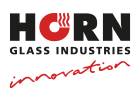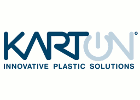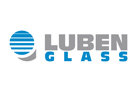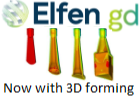The Austrian container glass manufacturer said the furnace will reduce energy consumption by 13% and has expanded production capacity to 270 tonnes per day.
It said the focus of the investment was on production efficiency and to be more sustainable in terms of energy efficiency and CO2 emissions.
Modern melting technology will reduce the amount of energy used in the melting process by an estimated 13% per ton of glass. Improved E-boosting will allow the use of more green electricity in a flexible way to reduce the consumption of natural gas.
New batch formulas, which are based on the use of PCR glass and secondary raw materials, have been tested successfully throughout the past months.
Examinations in the Stoelzle in-house glass lab proved that the so called Flint Prestige Recycling glass, which has already been recognised by the Austrian Trigos sustainability award, will reduce CO2 emissions by 16% and energy consumption by 4% without compromising on quality and flint colour.
The new flint furnace and the new batch compositions are two of the main milestones on the group’s roadmap towards decreasing the CO2 emissions by 50% by 2030.
The investments include three new IS machines and several new cold end quality control machines as well as packaging robots.
Stoelzle said it will now focus on reducing further energy consumption and CO2 emissions by developing and re-thinking processes and techniques, not only in production but also decoration of packaging glass.
It added the furnace investment was a perfect way to mark the International Year of Glass.

























